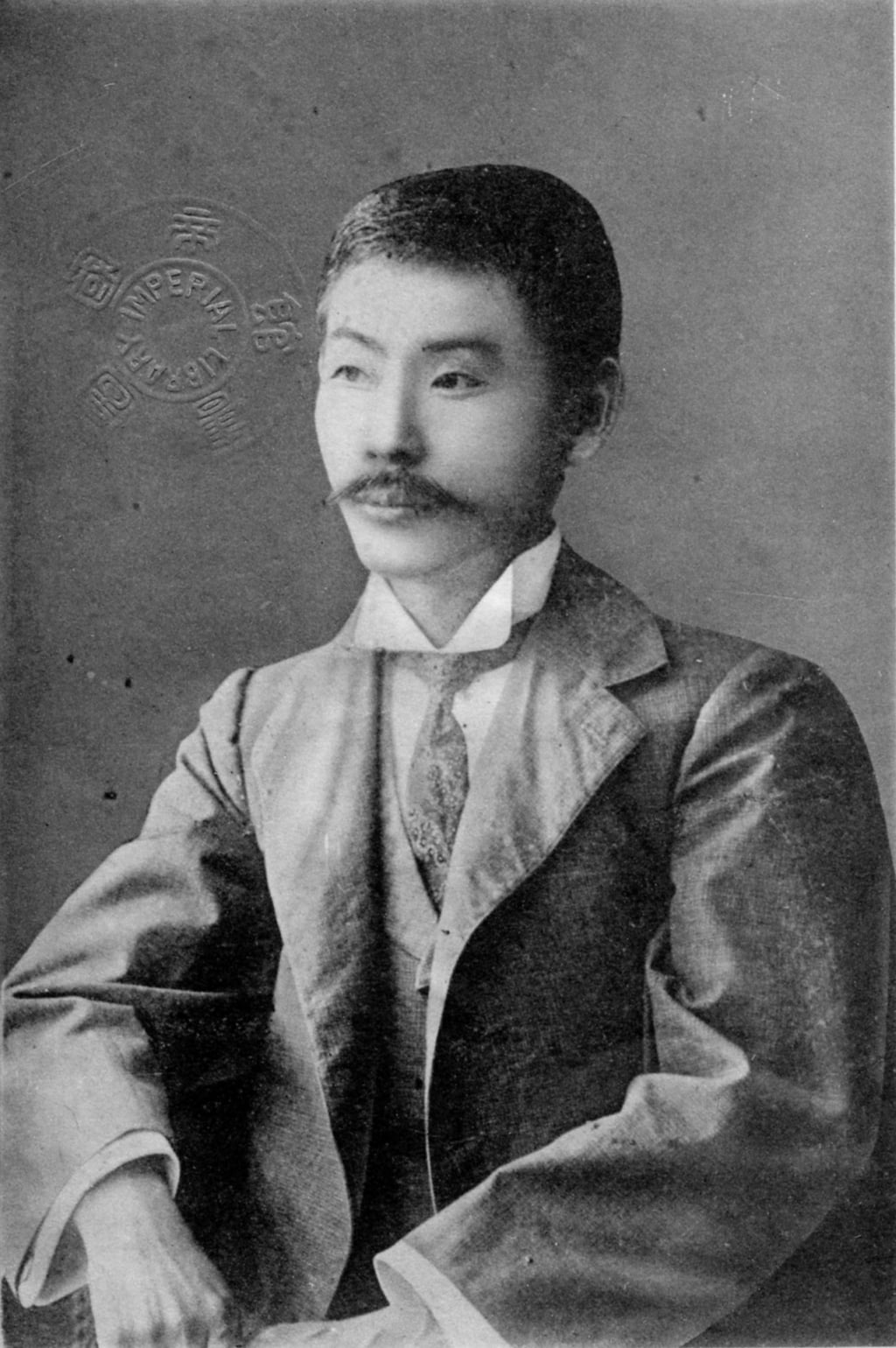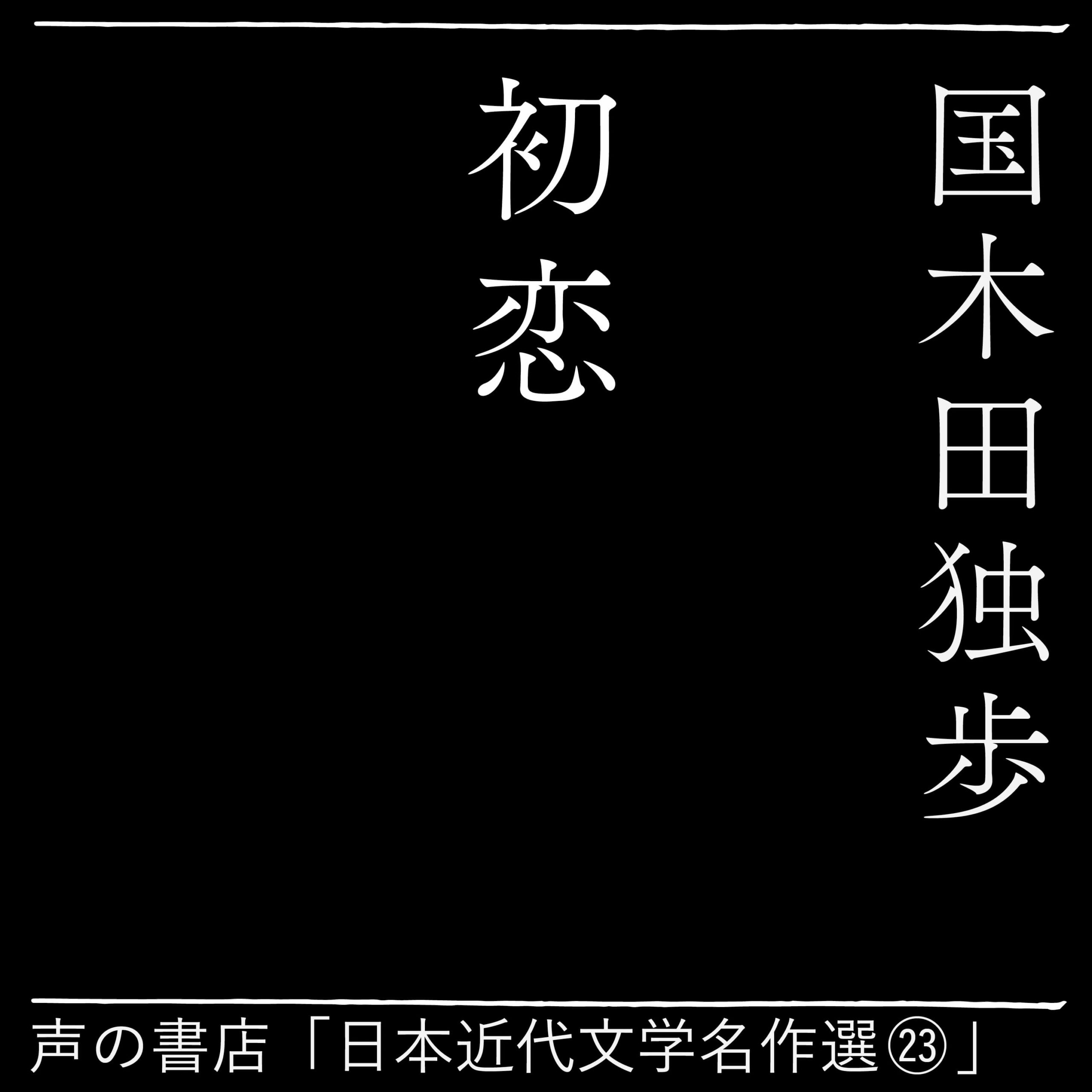
出典:国立国会図書館「近代日本人の肖像」 (https://www.ndl.go.jp/portrait/)
国木田 独歩
明治4年(1871) – 明治41年(1908)
千葉県銚子生まれ。山口県、広島県育ち。 本名、哲夫。幼名、亀吉。 東京専門学校(現、早稲田大学)中退。在学中に植村正久から受洗。明治27(1894)年『国民新聞』に入社。同年、日清戦争に記者として従軍し、書簡文体で記した『愛弟通信』を発表。明治30(1897)年、田山花袋、柳田国男らとの合著『抒情詩』で『独歩吟』として詩が収録される。明治34(1901)年、初の作品集『武蔵野』を刊行。その後『牛肉と馬鈴薯』『春の鳥』を発表。自然主義文学の先駆となる。『忘れえぬ人々』『酒中日記』『運命論者』『春の鳥』『竹の木戸』など。
Doppo Kunikida
1871 – 1908
Born in Chōshi, Chiba Prefecture. Raised in Yamaguchi and Hiroshima Prefectures. His real name was Tetsuo, and his childhood name was Kamekichi. He attended Tōkyō Senmon Gakkō(now Waseda University)but dropped out. While in school, he was baptized by Uemura Masahisa. In 1894, he joined Kokumin Shimbun newspaper and served as a war correspondent during the First Sino-Japanese War. That same year, he published Aitei Tsushin,(”Communiques to a Dear Brother”), a collection of letters written in an epistolary style. In 1897, his poetry was included under the title Doppogin in Jojoshi(”Lyric Poems”), a collaborative work with Tayama Katai and Yanagita Kunio. In 1901, he published his first short story collection, Musashino. He later released works such as Gyuniku to bareisho(Meat and Potatoes)and Haru no Tori(”Spring Birds”), becoming a pioneer of naturalist literature in Japan. His notable works include Wasure-enu hitobito(”Unforgettable People”),Shuchu nikki(”A Diary under the influence of Sake ”), Unmei(”Destiny”),Haru no Tori (”Spring Birds”), and Take no Kido ( “The Bamboo Gate”).

